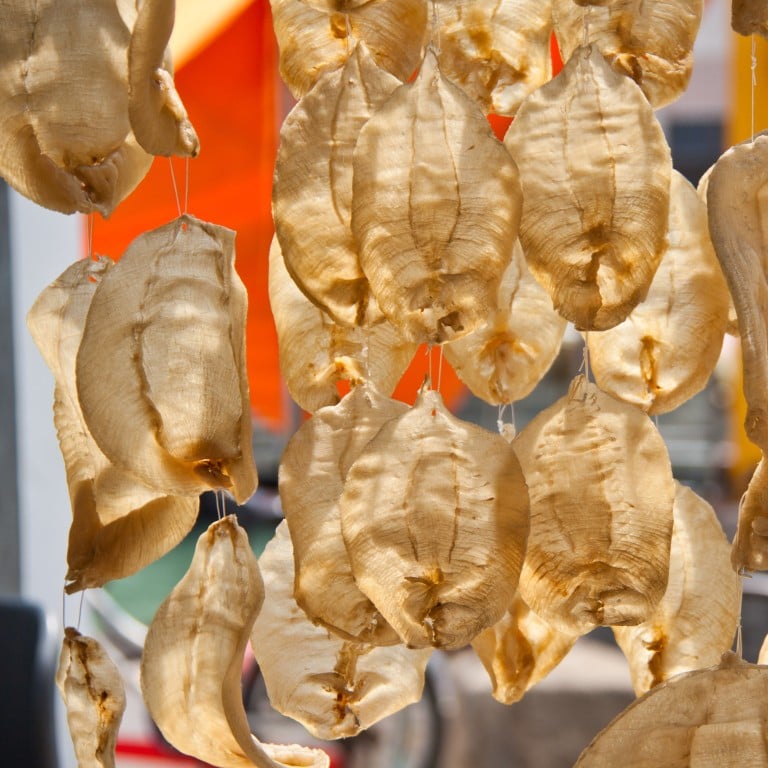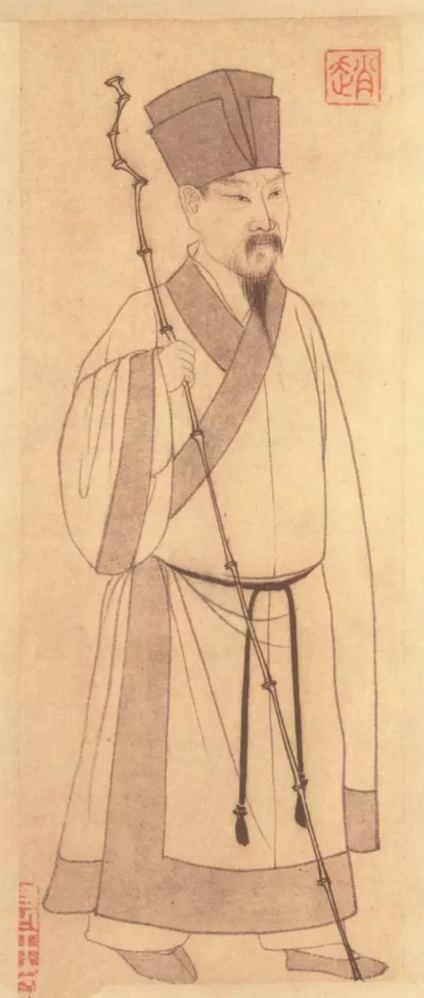
Taking collagen is like the old Chinese belief that eating pigs’ brains improves brain power
- A story in The Guardian questioning the efficacy of taking collagen orally reminds of the Chinese culinary tradition of ‘strengthening like with like’
- These days, most practitioners of traditional Chinese medicine no longer subscribe to the notion, preferring instead to defer to modern nutritional science
I recently read a story in The Guardian that questioned the efficacy of taking collagen orally. It should be required reading for those who take collagen in the hope of retaining, or acquiring, youthful-looking skin.
Allow me to quote a few lines: “Here’s the kicker: collagen is a complex protein made up of 19 different amino acids. If you eat it, the digestive tract’s job is to break down the amino acids before releasing them into the blood stream – and there’s no guarantee they will reform in the same way.”
A clinical dermatologist interviewed for the story “agrees that while there’s little harm in taking collagen supplements, getting the building blocks of the protein from a good, rounded diet is a logical and cheaper way to go.”
But going the logical and cheaper route is counter-intuitive for many people. For them, the more fanciful the claim, the more convincing it is; the higher the price, the more effective it must be. Hence, we see the proliferation of collagen supplements in powdered or pill forms, and the popularity of foodstuffs allegedly laden with the youth-giving protein such as fish maw, which are the dried swim bladders of certain fish; something called “peach gum”; and the collagen-rich stew bijin nabe (literally “beauty pot”) that is now available in many Japanese restaurants.
Another great China flood: how the Yellow River was tamed
The belief that digested collagen will regroup to form the same collagen in our bodies reminds me of the Chinese culinary tradition of “strengthening like with like” (yixing buxing). According to this belief, which, surprisingly, still has adherents, eating chicken feet strengthens one’s legs, pig’s livers are good for liver health, pigs’ brains improves brainpower, and so on.
Even the appearance of a food is factored into the absurd equation. Walnuts, for example, are supposedly good for brains because their kernels resemble brains.
These days, most practitioners of traditional Chinese medicine no longer subscribe to the notion of “strengthening like with like”, preferring instead to defer to the modern discipline of nutritional science.
More than 900 years ago, the Song period literary giant Su Shi (1037-1101) was already sceptical of such unscientific approaches to diet. A man went to the doctor because he was suffering from shock.
He had been on a boat and sailed right into a massive storm. To treat his patient, the doctor scraped wood from the rudder of an old boat, ground it up into powder with some herbs and dispensed the mixture as medicine.

On hearing the story, Su laughed and suggested treating treacherous men with the leftover meal of the famously loyal Bigan. Soldiers could be cured of cowardice by licking the shield belonging to Fan Kuai, the brave general who helped found the Western Han (206BC-AD9), and women could improve their appearance by sniffing the earrings of the legendary beauty Xishi (circa 503-473BC).
Placebos serve a purpose that is perhaps more psychological than therapeutic. As long as they do no harm and do not involve cruelty, there is no reason those who are willing to pay should not get their fix. It is their money, after all.

